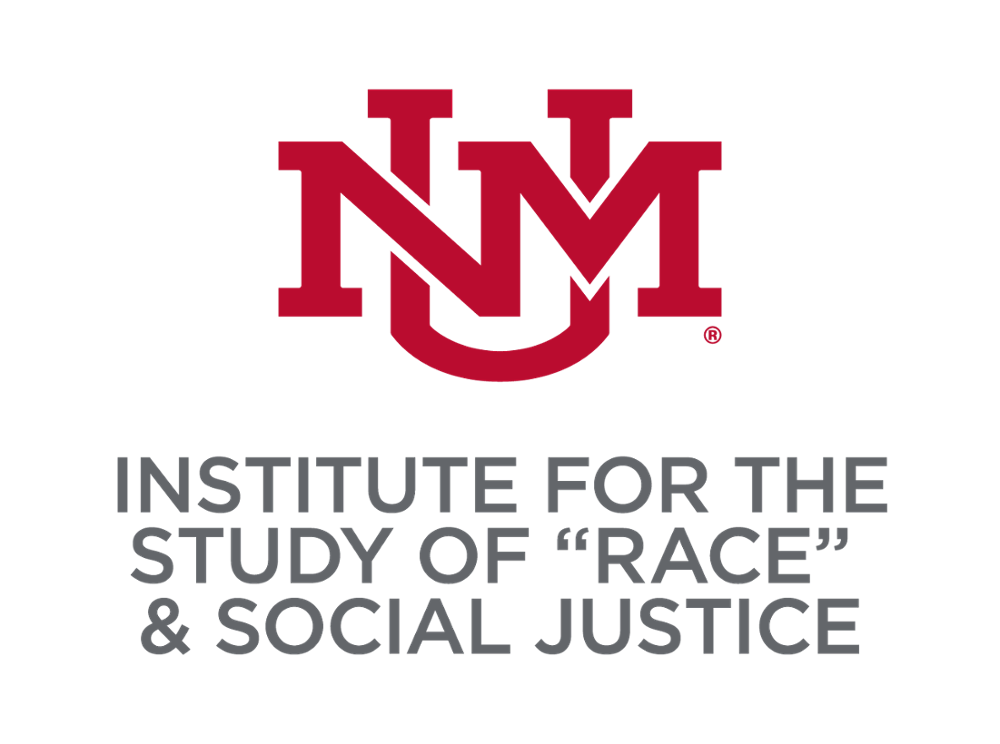Intersectionality in Intentional Communities: The Struggle for Inclusivity
![Intersectionality in Intentional Communities: The Struggle for Inclusivity [article image]](../../assets/img/zerai_assata.jpg)
When: Wed, Feb 19 2020 3:00pm - Wed, Feb 19 2020 5:00pm
Where: Mesa Vista Hall UNM
Making a significant advance toward inclusion requires change in the underlying social structures of racism, sexism, heteronormativity, class, and other marginalizing influences.
Different from a university or other public institution in which members are legally required to support diversity and related values, Zerai believes that volitional communities may provide a best-case scenario for how, motivated by higher ideals, members may find ways to create inclusive communities.
- A largely African American urban megachurch in the Midwest
- A large Midwestern multiracial/multicultural church
- A large urban multiracial/multicultural church in the eastern United States
- A small, suburban Midwestern multiracial church
- An inclusive Midwestern college town church
With an interpretive approach, she explores these centers of worship and theorizes the conditions under which progressive social change occurs in some U.S. Protestant congregations.
Understanding the daily practices of change and entrenchment in Protestant congregations and the intentional work to replace dominating structures with liberating ones may provide keys to creating multicultural, antiracist, feminist, and sexually inclusive volitional communities more broadly.

